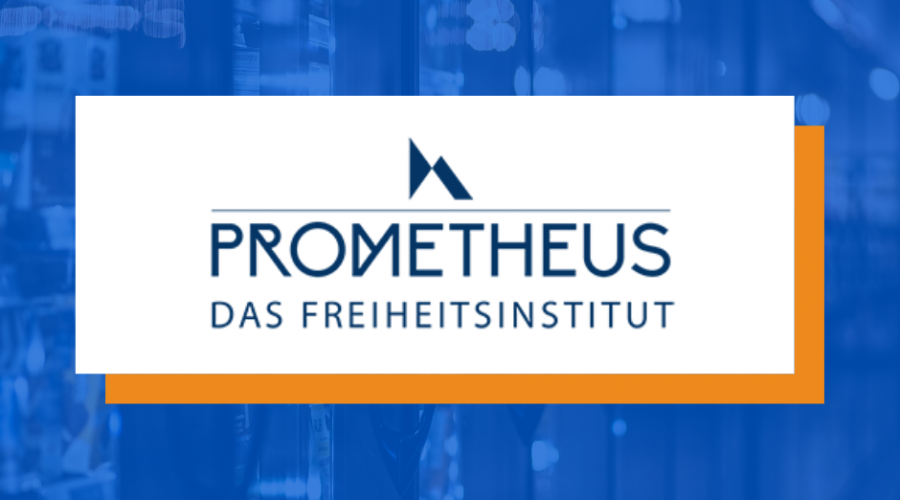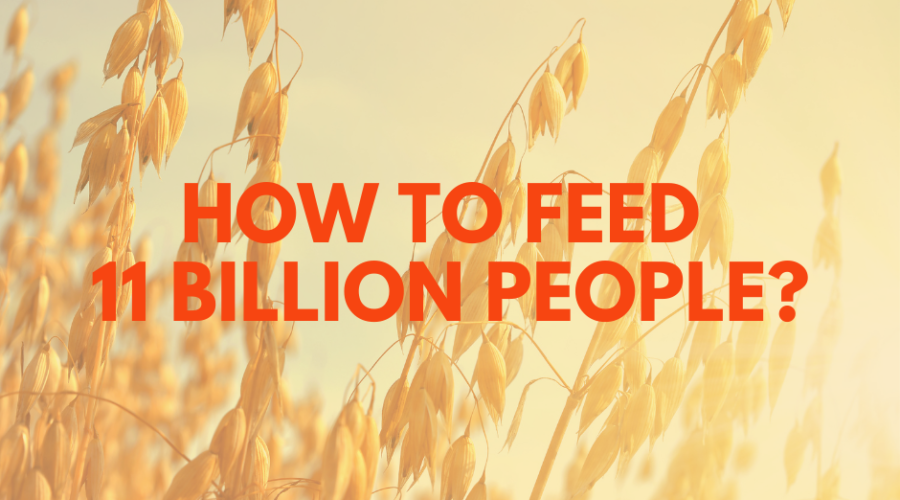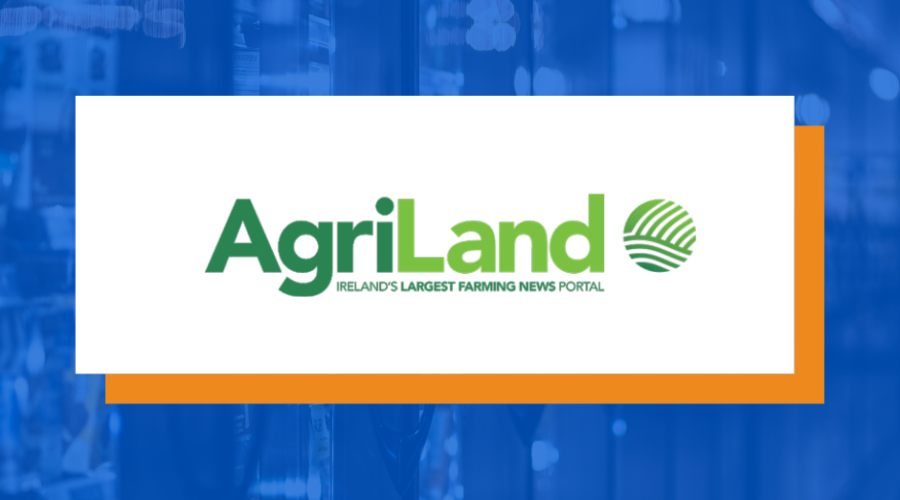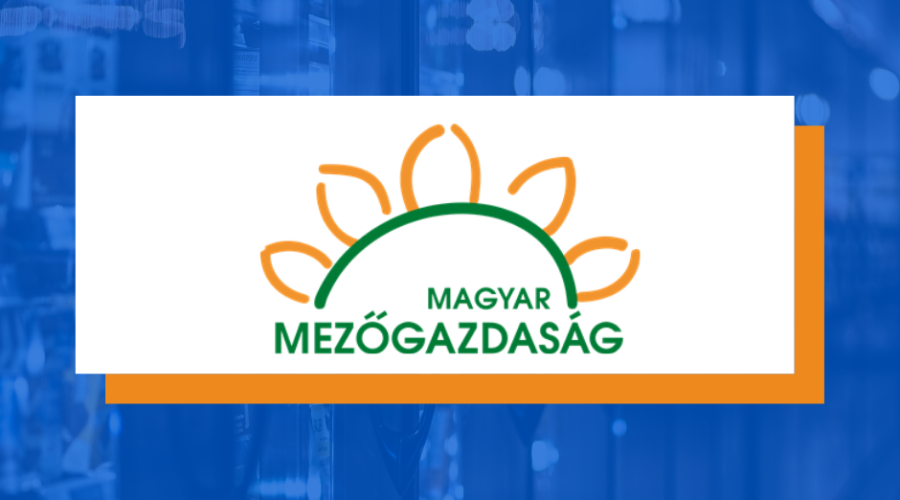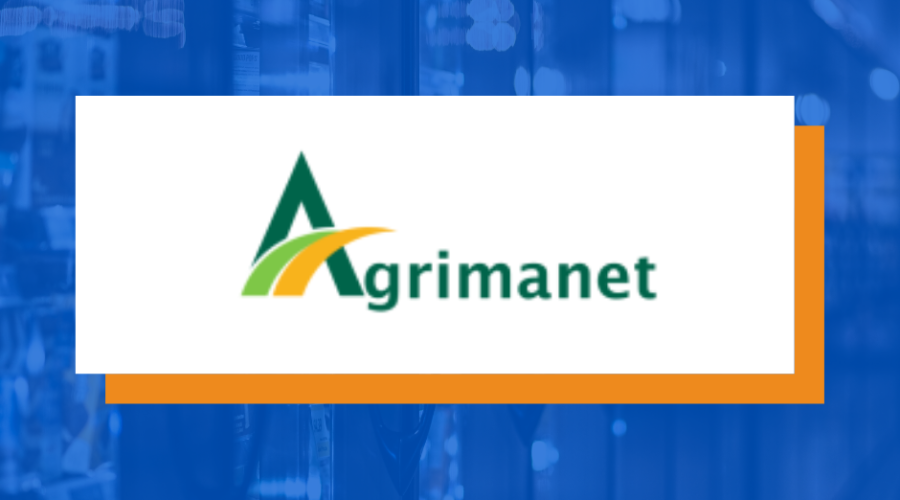Mycotoxin contamination: The dangers of mould
Mycotoxin contamination is set to become a bigger problem as climate change evolves. In order to prevent food safety and food security, European farmers need adequate crop protection tools….
What do you do when you see a set of mould on the marmalade in your fridge? The unfortunate conventional household wisdom is to remove it, and then continue to eat whichever food product it affected. The misconceptions of consumers go further than that — in recent study conducted by the University of Copenhagen, researchers found that Danish consumers regard mould as a sign of “naturalness”, while products treated with pesticides as unhealthy.
This is a problematic misunderstanding of nature, perpetuated by decades of denigrating modern agriculture and the work of farmers. The use of fungicides and better storage units to prevent mould is not arbitrary and against the interests of consumers, quite in contrary. Moulds carry mycotoxins, which adversely affect human health.
Mycotoxins are naturally occurring toxic chemicals produced by moulds (fungi) that grow on crops. Wet weather, insect damage, and inadequate storage all promote the growth of mould on crops and increase the likelihood of mycotoxin contamination. Among the most common mycotoxins are aflatoxins, ochratoxin A (OTA), fumonisins (FUM), zearalenone (ZEN), and deoxynivalenol (DON – also known as vomitoxin), which can all be ingested through eating contaminated food, including dairy products (as infected animals can carry it into milk), eggs, or meat. One of the most dangerous are aflatoxins, which can affect corn, wheat, rice, soybeans, peanuts, and tree nuts, and can cause cancer. Most disconcertingly, up to 28% of all liver cancers worldwide can be attributed to aflatoxins, and its immunosuppressant features leave humans weakened against other diseases. The features have been known to modern science since the turn of the century.
In Africa, this is a deadly epidemic. Aflatoxin exposure is more deadly than exposure to malaria or tuberculosis, with 40% of all liver cancers in Africa being related to it. Mycotoxin contamination can occur through inadequate food storage, but more importantly, it occurs in the absence of the correct crop protection measures, including chemicals.
A recently published study by the Food and Agriculture Organization (FAO) shows that a changing climate impacts these problems. “Some of the important factors that influence mycotoxin production – temperature, relative humidity and crop damage by pests – are affected by climate change”, writes the UN body.
In order to prevent these fungi, farmers use fungicides. Fungicides are biocidal chemical compounds or biological organisms used to kill parasitic fungi or their spores. However, a large range of fungicides are being criticised by environmental groups, because of hazard-based risk-assessments. It is important to understand why they are wrong, by laying out the difference between “hazard” and “risk” in scientific language.
For instance, the sun is a hazard when going to the beach, yet beach-goers limit their exposure by applying suncream. A hazard-based regulatory approach would be to ban all beach excursions, in order to cut out the hazard completely. The same logic of hazard-based regulation is all too often applied in crop protection regulation, paired with a misunderstanding of the precautionary principle. In essence, hazard-based regulation advocates would endorse outlawing all crop protection methods that are not completely safe, regardless of the dosage. By ignoring the importance of the equation Risk = Hazard x Exposure, hazard-based regulation does not follow a scientifically sound policy-making approach, and would, in the long-run, ban all necessary tools available to farmers to guarantee consumer safety.
“Listening to science” needs to go both ways. We cannot face the challenges of climate change and simultaneously espouse the idea that all of modern agriculture is evil. Farmers need to be part of the solution, not part of the problem, and so do chemicals developed to prevent long-lasting diseases.
Originally published here.


